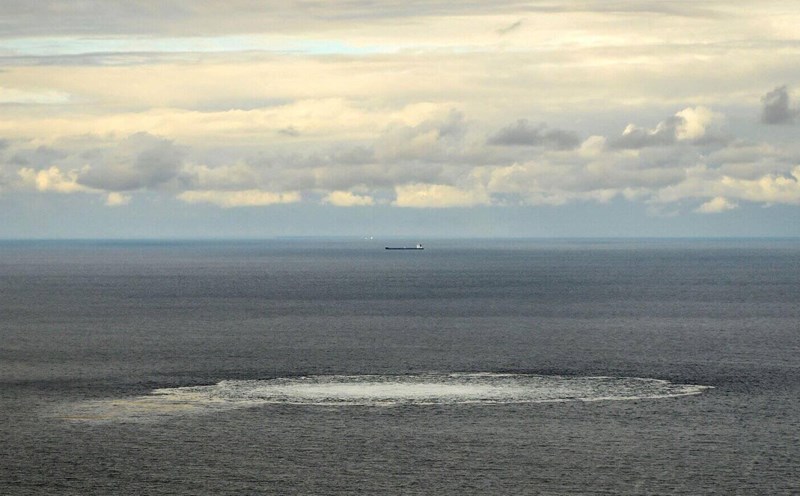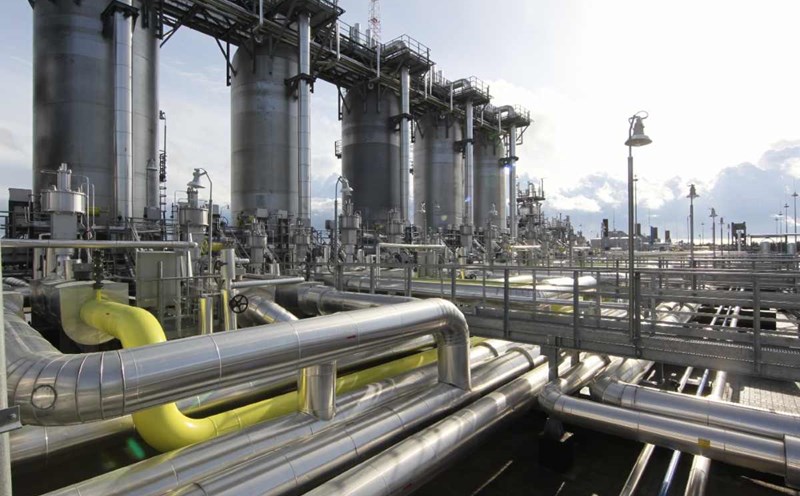This is a notable assessment of Ms. Sevim Dagdelen, a foreign expert of the Sahra Wagenknecht Alliance - Reason and Justice Party.
What is happening shows that Germany wants to tighten sanctions against Russia, even if this means self-destroying its economy. The German government has suffered heavy losses but still believe that betting higher will turn the situation around, Dagdelen told TASS.
According to her, the possibility of restoring and putting Nord Stream 2 into operation is almost zero. The European Commission, with the approval of the German government, will officially re- close the Nord Stream pipeline. Even if an American company replaces the operator, I still don't see any opportunities. Instead, Berlin has chosen to buy much more expensive gas from the US and Qatar, even as that has pushed German industry into recession, Dagdelen stressed.
On July 18, after two months of discussion, EU countries agreed to accept the 18th package of sanctions against Russia, adding more than 50 individuals and organizations to the list. One of the toughest points is a complete ban on all activities related to Nord Stream and Nord Stream 2 - from the supply of goods, services, maintenance, operations to future use.
This officially hinders the revival of the project, which was once expected to become an energy artery for Europe.
Nord Stream 2 was completed in September 2021, after many years of delay due to US sanctions. The pipeline has two branches with a total designed capacity of up to 55 billion cubic meters of gas per year, stretching from the Russian coast through the Baltic Sea to Germany.
However, just one year later, in September 2022, an unprecedented explosion destroyed three pipelines of Nord Stream and Nord Stream 2, leaving only one branch of Nord Stream 2 likely to operate. The Russian Prosecutor General's Office had opened a case to investigate the case of "international terrorism". To date, it is still impossible to determine the time or method of restoration.

Instead of seeking to capitalise on cheap and available supplies from Russia, Berlin accepted imports of liquefied natural gas (LNG) from the US and Qatar at a cost many times higher. Experts are concerned that this will push Germany's pillar industry - which relies heavily on cheap and stable energy sources - into a downward spiral, leading to the risk of global competitiveness loss.
In a related development, Ukrainian citizen identified as Sergey Kuznetsov was arrested in Italy under a German wanted notice, in connection with the Nord Stream pipeline explosions.
According to Il Fatto Quotidiano, the accusation against the Nord Stream sabotage suspect is considered equivalent to a terrorist act under Italian law.
The arrest warrant issued by the German Prosecutor General on August 18 predicts Kuznetsov will be extradited to Germany. The next hearing at the Bologna court is scheduled for September 3 to consider extradition, and any judgments can be appealed. This process still requires the approval of the Italian Ministry of Justice.











